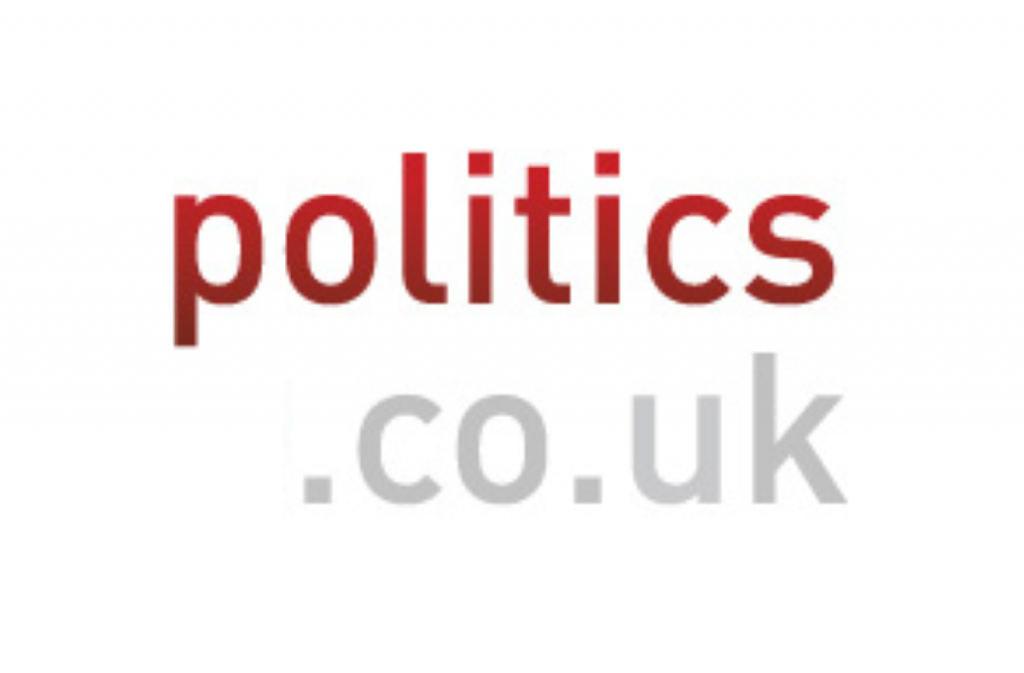Doctors warn of smoking ban North-South divide
Plans to ban smoking in pubs that serve food could exacerbate existing health inequalities between the North and the South, according to research from the British Medical Association (BMA).
It found that cities in the north – which have the highest levels of unemployment or deprivation – had the highest proportion of pubs that did not serve food. Leeds council estimated that 88 per cent of its pubs did not serve food, compared to only five per cent in the London borough of Bromley.
Under Government proposals, smoking will be banned in all enclosed public places and in licensed premises that serve food by 2008, but pubs that do not serve food will be exempt.
And the BMA says that its survey Booze, fags and food undermines Government claims that only 10 – 30 per cent of pubs do not serve prepared food and shows there are wide regional differences.


Of the ten councils with the highest percentage of non-food pubs, nine are in the North of the Midlands.
It also warns that of the local authorities contacted many were unable to supply the data, and questions how the plans can be implemented if data is so scarce.
Dr Vivienne Nathanson, the BMA’s head of science and ethics, is worried that existing health inequalities between the rich and the poor will be exacerbated by the plans.
Dr Nathanson said: “Just as the burden of smoking falls heavily on the poorest, so does the burden of passive smoking. While the professional classes work in smoke-free offices, low-paid, casual and service workers work in smoky environments, risking lung cancer to make a living.
“A waitress in a smoky bar is exposed to levels of second-hand smoke that are six times greater than a doctor working in a smokefree surgery.”
The Department of Health said the decision to make the exemption was based on many factors – crucially public opinion and the signal that the public were “far less supportive of measures to make all bars and pubs smoke-free”.
The spokesperson added that there would be further consultation on the White Paper before it went to Parliament for legislation.
Anti-smoking campaign group ASH said the survey showed that the Government should drop the exemption for pubs that did not serve food.
Director Deborah Arnott, said: “To protect the public from secondhand smoke, and to maximise the public health benefit from smoking restrictions, the law must be comprehensive. There should be no smoking in workplaces and enclosed public places. It is as simple as that.”

